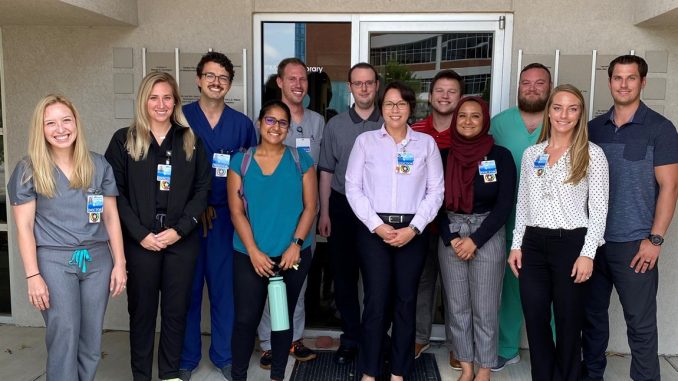
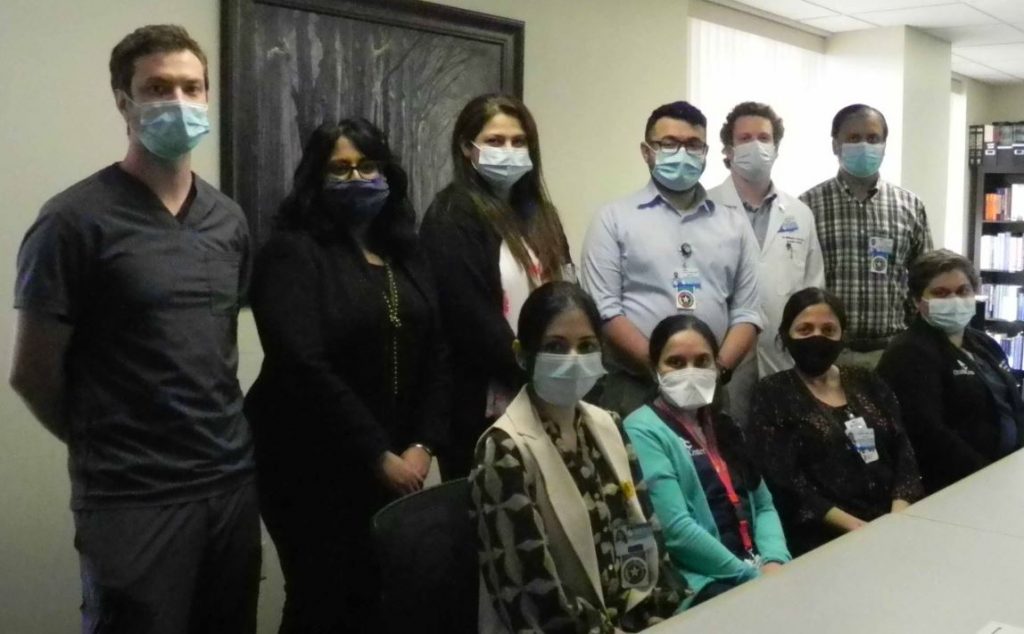
(Joplin, MO) – “We have noticed an increase in the number of patients presenting with anxiety issues related to the ongoing COVID-19 pandemic,” said Dr. Nauman Ashraf, Program Director for KCU-GME Consortium/Ozark Center.
Freeman Health System is one of the nation’s 56 hospitals that is part of the Teaching Health Center Graduate Medical Education (THCGME) Program. Designed to combat a primary care physician shortage, residents train for three years in community clinics before opening their own practices or joining the healthcare workforce.
“It was a different start to a new academic year for our psychiatry residents at Ozark Center,” Dr. Ashraf said. “With the continued safety precautions in place for not only our residents but also the community that we serve, we have been able to continue the education of our future physicians. Our residents encounter patients who have tested positive for COVID-19 in their internal medicine and consultation and liaison services at Freeman Health System.”
“During the early months of the pandemic, Freeman was screening a large number of community members for COVID-19 through the drive-thru testing site or via the emergency department and Freeman Urgent Care,” said Dr. Rob McNab, Freeman Health System Vice President of Medical Education. “Many of those patients had no primary care doctor to follow up with and provide for their acute needs if they developed issues. To combat that situation, the emergency medicine and internal medicine programs collaborated and addressed that need. The emergency medicine residents would reach out via a phone call to those patients who did not have primary care providers and inform the patients of their diagnosis and ensure they were doing well. Patients would then be scheduled for a telemedicine visit at the Freeman Academic Internal Medicine Clinic (AIM clinic). There, the internal medicine residents would become the primary care physicians for these patients — monitoring their condition and providing for their changing needs.”
Dr. McNab said residents also play a role in the acute care arena. “When a patient presents to Freeman for care, the internal medicine and emergency medicine residents are on the front line of providing care for COVID-19 patients,” Dr. McNab explained. “Our residents are actively involved in the work-up and treatment of our patients at Freeman, from the beginning of their emergency room visit to their discharge from the hospital. This includes COVID-19 patients being cared for in our isolation units.”
Psychiatry residents are also actively working with new approaches to delivering care. In March, Ozark Center moved to telemedicine, phone, and video appointments for 90% of its outpatient and inpatient visits.
“We shifted to telepsychiatry for a major portion of our outpatient care delivery, which has been well received by our patients. We are very proud of our residents showing up every day regardless of the added stress, as well as the faculty of Ozark Center providing support where it is needed,” said Dr. Ashraf.
Congress created the THCGME program more than 10 years ago to help expand the primary care physician workforce in medically underserved areas. It is due to expire on November 30, 2020.
The stellar performance of the nation’s THC medical residents during their COVID-19 baptism-by-fire should convince Congress to immediately enact the multi-year extension for the THCGME program. Our nation’s healthcare safety net is stronger today due to investments in the THCGME program
Some of the nonprofit sponsoring organizations are balancing uncertain federal funding and significant COVID-19 financial losses that threaten their stability. THCs and medical residents need long-term certainty and stability.
Freeman Health System supports efforts to grant THCGME a five-year extension and increased funding so that more medical students can benefit from it.
About Freeman Health System:
Locally owned, not-for-profit and nationally recognized, Freeman Health System includes Freeman Hospital West, Freeman Hospital East, Freeman Neosho Hospital and Ozark Center – the area’s largest provider of behavioral health services – as well as two urgent care clinics, dozens of physician clinics and a variety of specialty services. In 2019, Freeman earned dozens of individual awards for medical excellence and patient safety from CareChex®, a quality rating system that helps consumers evaluate healthcare providers. U.S. News & World Report named Freeman Health System the Best Hospital in Southwest Missouri for 2019. With more than 300 physicians on staff representing more than 70 specialties, Freeman provides cancer care, heart care, neurology and neurosurgery, orthopaedics, children’s services and women’s services. Additionally, Freeman is the only Children’s Miracle Network Hospital in a 70-mile radius. For more information, visit freemanhealth.com.
Reference:
Lisa Olliges, Marketing and Media Relations Coordinator
Freeman Health System
417.434.3458
media@freemanhealth.com
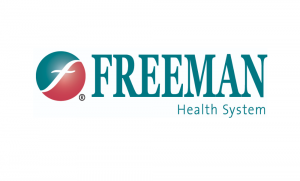




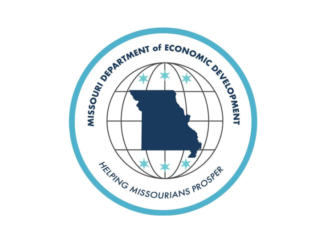
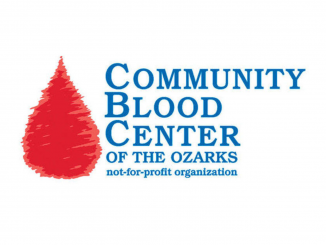
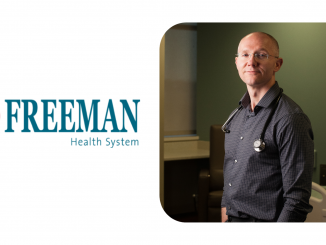
Be the first to comment